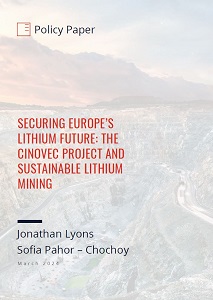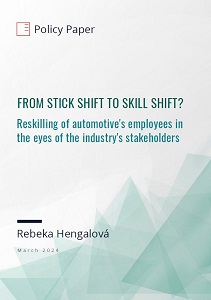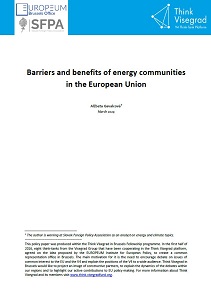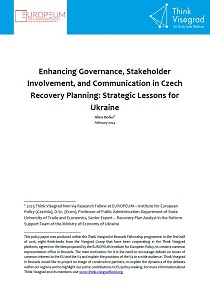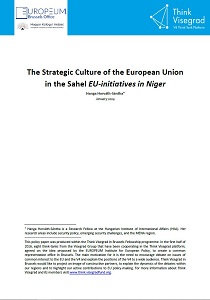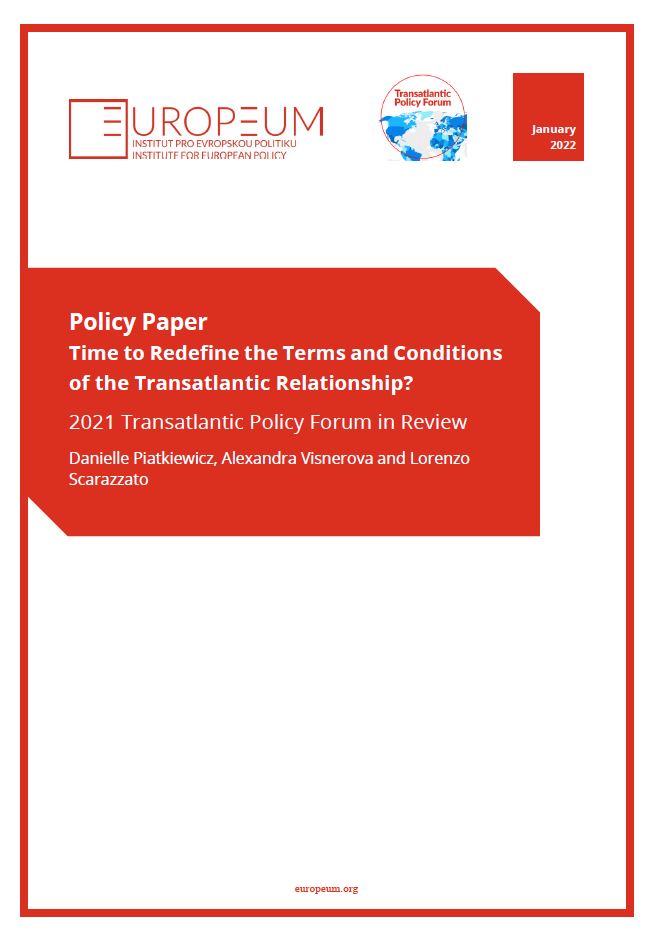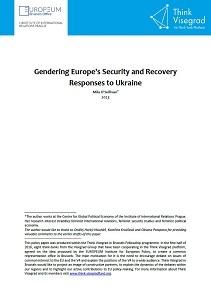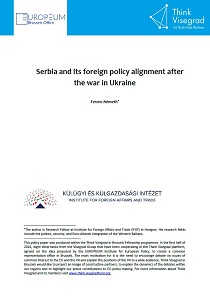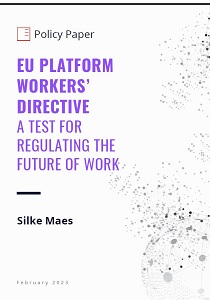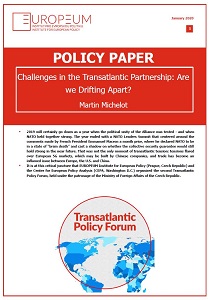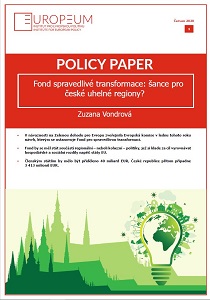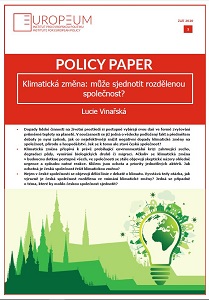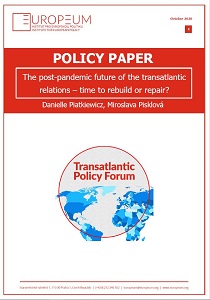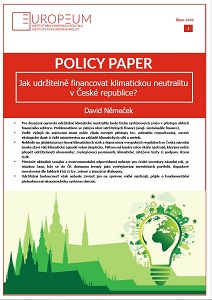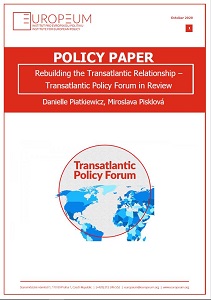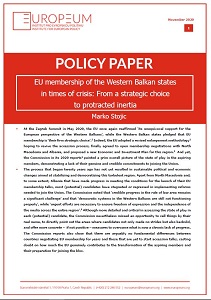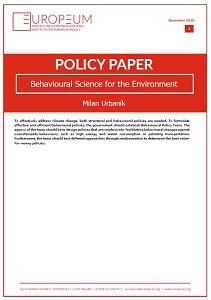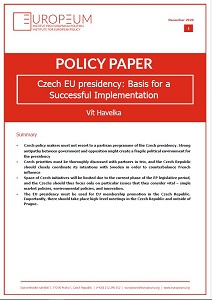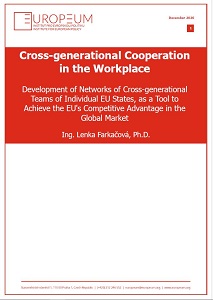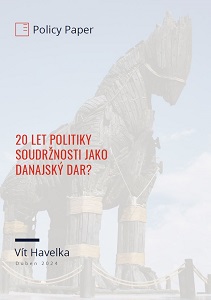
20 Years of Cohesion Policy as a Gift of Dana?
20 let Politiky Soudržnosti jako Danajský Dar?
Keywords: EU cohesion policy;
It has been 20 years since the Czech Republic and 9 other Central, Southern and Eastern European countries joined the European Union. This happened with the promise of increased welfare and the so-called economic catching-up of the post-communist part of Europe. Cohesion policy was to play a key role here. In this context, it is necessary to emphasize that the last 20 years have been a great economic success for the Czech Republic. There has been convergence expressed in both GDP and wages. Czechs today earn the same as the Portuguese, and while in 2004 the salary level reached approximately 1/3 of the EU average, today the Czech wage represents 2/3 of the European Union average2. An analysis by the Government Office from 2021 estimated that thanks to the influx of money from the European Union, the Czech GDP increased by up to 5.7% compared to the situation where the Czech Republic would not have had access to European funds.
More...
